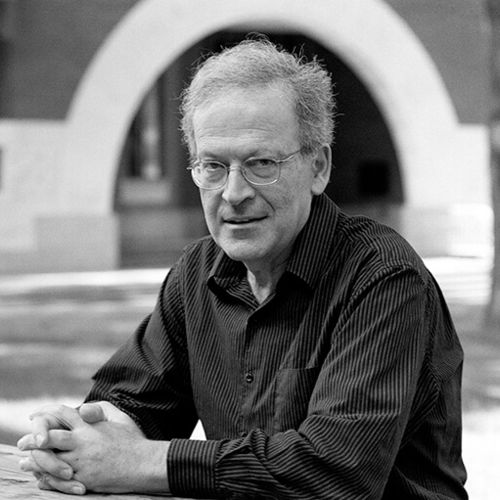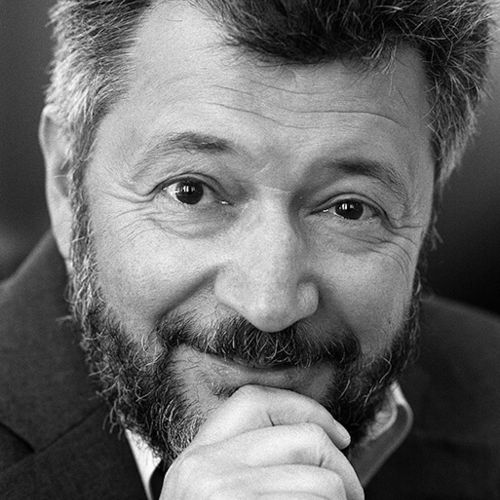Panel Discussion: Synergies in Research
Leslie G. Valiant, Efim Zelmanov, Rebecca Wade, Louis Joseph Ignarro, Stefan H. E. Kaufmann
Mathematics, Computer Science and the Sciences – Synergies in Research
Mathematics has been fundamental to many sciences for a long time and computer science has become central in many scientific disciplines over the past decades. The availability of large amounts of data, the abilities of data analysis methods, improvements in computer hardware as well as advances in machine learning and simulation techniques have accelerated the growing importance of computer science and mathematics for the sciences. Conversely, mathematicians and computer scientists themselves have been inspired in their research by fundamental questions in various other disciplines.
This panel will look at the synergies that have emerged at the interface of mathematics, computer science and the sciences and explore their potential.
Moderator:
Rebecca Wade
Rebecca Wade studied at the University of Oxford (B.A. Hons. in physics, 1985; D. Phil. in Molecular Biophysics, 1988). She then carried out postdoctoral research at the universities of Houston and Illinois before taking up a position as a group leader in the Structural and Computational Biology Programme at the European Molecular Biology Laboratory (EMBL) in Heidelberg in 1992. Rebecca Wade set up the Molecular and Cellular Modeling Group at HITS (which was then known as the European Media Laboratory and later as EML Research) in 2001. She was Adjunct Professor at the International University in Germany in Bruchsal from 2001-2003. Rebecca Wade was appointed full Professor at Heidelberg University in 2012 and is a member of the Faculty of Biosciences. She was Scientific Director of HITS from 2015 to 2016.
Leslie G. Valiant
Nevanlinna Prize - 1986
For contributing in a decisive way to the growth of many branches of computer science: solving the recognition problem of context-free grammars in cubic time; proving that superconcentrators of linear size exist; discovering complete counting problems that correspond to easy search problems, thereby considerably enlarging the scope of the theory of NP-completeness.
ACM A.M. Turing Award - 2010
For transformative contributions to the theory of computation, including the theory of probably approximately correct (PAC) learning, the complexity of enumeration and of algebraic computation, and the theory of parallel and distributed computing.
Efim Zelmanov
Fields Medal - 1994
For the solution of the restricted Burnside problem in group theory Louis Joseph Ignarro Nobel Prize in Physiology or Medicine - 1998 For their discoveries concerning nitric oxide as a signalling molecule in the cardiovascular system
Stefan H. E. Kaufmann
Scientific Chairperson Lindau Nobel Laureate Meetings. Founding Director & Director Emeritus, Max Planck Institute for Infection Biology, Berlin. Director Emeritus, Max Planck Institute for Multidisciplinary Sciences, Göttingen. Senior Professor, Charité Berlin. Faculty Fellow of Hagler Institute for Advanced Study, Texas A&M University, College Station. Former President of German Society for Immunology, European Federation of Immunological Societies, International Union of Immunological Societies. Breakthrough finding: Rational design & development of a vaccine which is currently in three phase III clinical trials on protective efficacy and safety, and for therapy for bladder cancer in advanced clinical trials.

